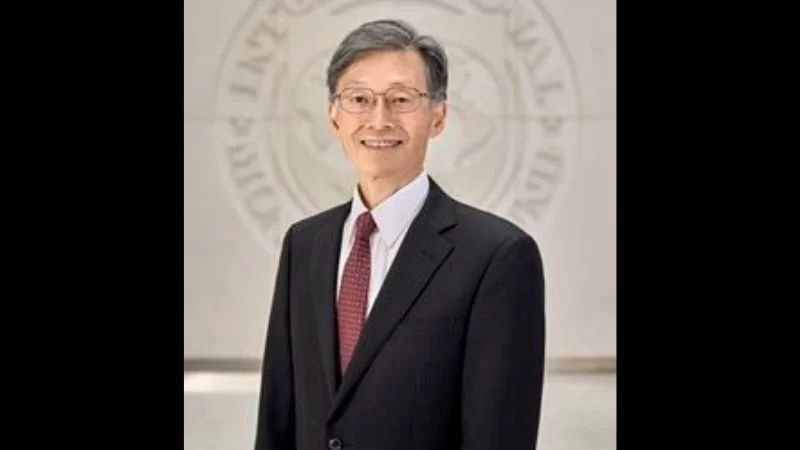IMF Deputy Managing Director Okamura has embarked on a tour of several South American countries this month, including Guyana, which he visited recently. Since joining the International Monetary Fund (IMF) on Sept. 26, 1966, Guyana has demonstrated considerable progress in economic stability and gross domestic product growth over the past few years.
In December, the IMF Executive Board concluded its 2023 Article IV consultation with Guyana. The findings indicated that oil reserves in Guyana have significantly impacted the country’s status and enabled it to initiate crucial development projects. According to a news release from December 4, the country’s gross domestic product was projected to grow by 38.4 percent in 2023 and an average of 20 percent annually from 2024-2028. IMF staff recommended adopting a medium-term fiscal framework and conducting regular expenditure reviews to ensure stability and competitiveness. They also proposed tightening the monetary policy stance in the country.
Okamura expressed his congratulations to the authorities for their remarkable economic expansion during a Feb. 15 news release. He said, "Guyana today is in the position to reap the benefits of rapidly increasing oil revenues due to the hard-won gains from implementing reforms and adjustment over the years. The plans put in place by the authorities and the strong progress are benefiting the entire population through better healthcare and educational programs, housing policies, energy, and transportation infrastructure." He further emphasized that these plans provide current and future generations with entrepreneurial opportunities through robust economic growth and a more diversified climate-resilient economy.
The Executive Board's summary of their December Article IV consultation with Guyana revealed expectations for continued accumulation of gross international reserves. This is expected to strengthen both the country's reserves as well as its Natural Resource Fund (NRF). According to the Dec. 4 summary, regular transfers to NRF each year should suffice to finance most public spending related to development in Guyana.
Okamura commended the authorities for their visionary Low Carbon Development Strategy 2030 in the Feb. 15 news release. He said, "The sale of carbon credits and use of these funds supports the Amerindian population, finances climate adaptation needs, and fosters renewable and cleaner energy needed for development. The strategy, which includes marine conservancy and increased biodiversity goals, is ambitious." Okamura expressed his deep understanding of Guyana’s impressive economic transformation and appreciated the long-standing relations between Guyana and the IMF.

